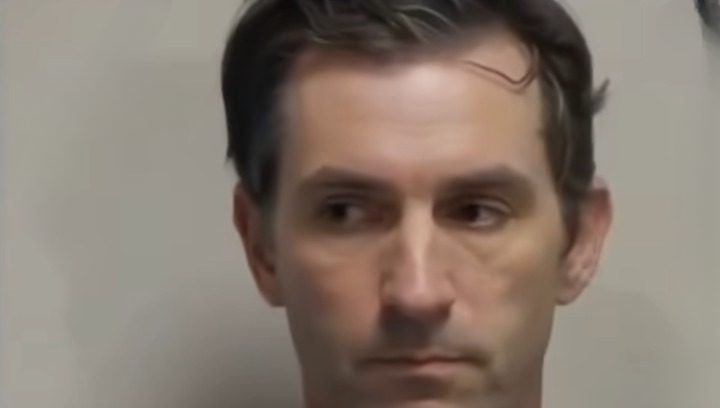Authorities in Utah have confirmed that Tyler Robinson, 22, the suspect in the fatal shooting of political commentator Charlie Kirk, is currently being held under “special watch” at the Utah County Sheriff’s Department pending a mental health evaluation.
The decision reflects standard procedure for high-profile cases in which the suspect’s psychological state may influence both custody conditions and legal proceedings. Officials emphasized that Robinson’s placement in the special unit allows deputies to maintain close observation while medical and mental health staff complete their assessment.
Current Custody Measures
According to a statement from the Utah County Sheriff’s Department, Robinson is being housed in a dedicated unit designed to provide heightened supervision. This measure ensures that staff can closely monitor his behavior while assessing any immediate mental health needs.
“He is being housed under special watch so deputies can keep a close eye on him,” the department said.
Sheriff’s officials added that the evaluation process may take several days. During this period, Robinson will be under continuous observation by both custody personnel and qualified mental health professionals.
Mental Health Evaluation and Its Purpose
The mental health evaluation is a standard protocol in cases where the suspect’s mental condition may affect legal proceedings. This assessment typically examines:
-
The suspect’s psychological state at the time of the alleged offense
-
Current cognitive and emotional functioning
-
Any history of mental illness or prior treatment
-
Potential risk to self or others while in custody
The outcome of this evaluation will inform several next steps, including possible adjustments to custody conditions and preparation for the legal process.
Next Steps in Custody Classification
Once the mental health evaluation is complete, Robinson will move through a classification process to determine his permanent housing assignment in custody. This procedure ensures that he is placed in a facility or unit appropriate for his security level, medical needs, and mental health status.
“He will continue to be monitored by mental, medical, and custody staff throughout the duration of his stay,” the sheriff’s department confirmed.
Officials have not disclosed further details regarding the timeline for the classification process, citing ongoing procedural requirements and privacy considerations.
Broader Context
High-profile cases such as this one often involve careful coordination between law enforcement, mental health professionals, and legal authorities to balance public safety, the rights of the accused, and proper legal procedure.
Mental health evaluations can play a critical role in:
-
Determining competency to stand trial
-
Informing risk assessments and custody assignments
-
Guiding interventions and support while in detention
In recent years, Utah authorities have emphasized specialized monitoring and mental health assessments for suspects in serious offenses to prevent incidents in custody and ensure compliance with legal standards.
Public and Legal Implications
The case has attracted national attention, and officials are taking precautions to ensure both the suspect’s safety and the integrity of the legal process. Mental health assessments like the one Robinson is undergoing are intended to provide accurate information that can guide future legal decisions, including trial preparation and sentencing considerations.
Legal experts note that the findings of such evaluations may also influence defense strategies and the overall court proceedings, particularly in cases involving serious charges.
Conclusion
Tyler Robinson’s placement on special watch underscores the importance of careful monitoring in custody, particularly when mental health considerations are involved. Authorities have stressed that the evaluation process will be thorough, and ongoing supervision will continue until both mental health and custody assessments are complete.
As the case develops, officials and legal experts will continue to monitor the situation closely, ensuring that procedures comply with both legal standards and safety protocols.
